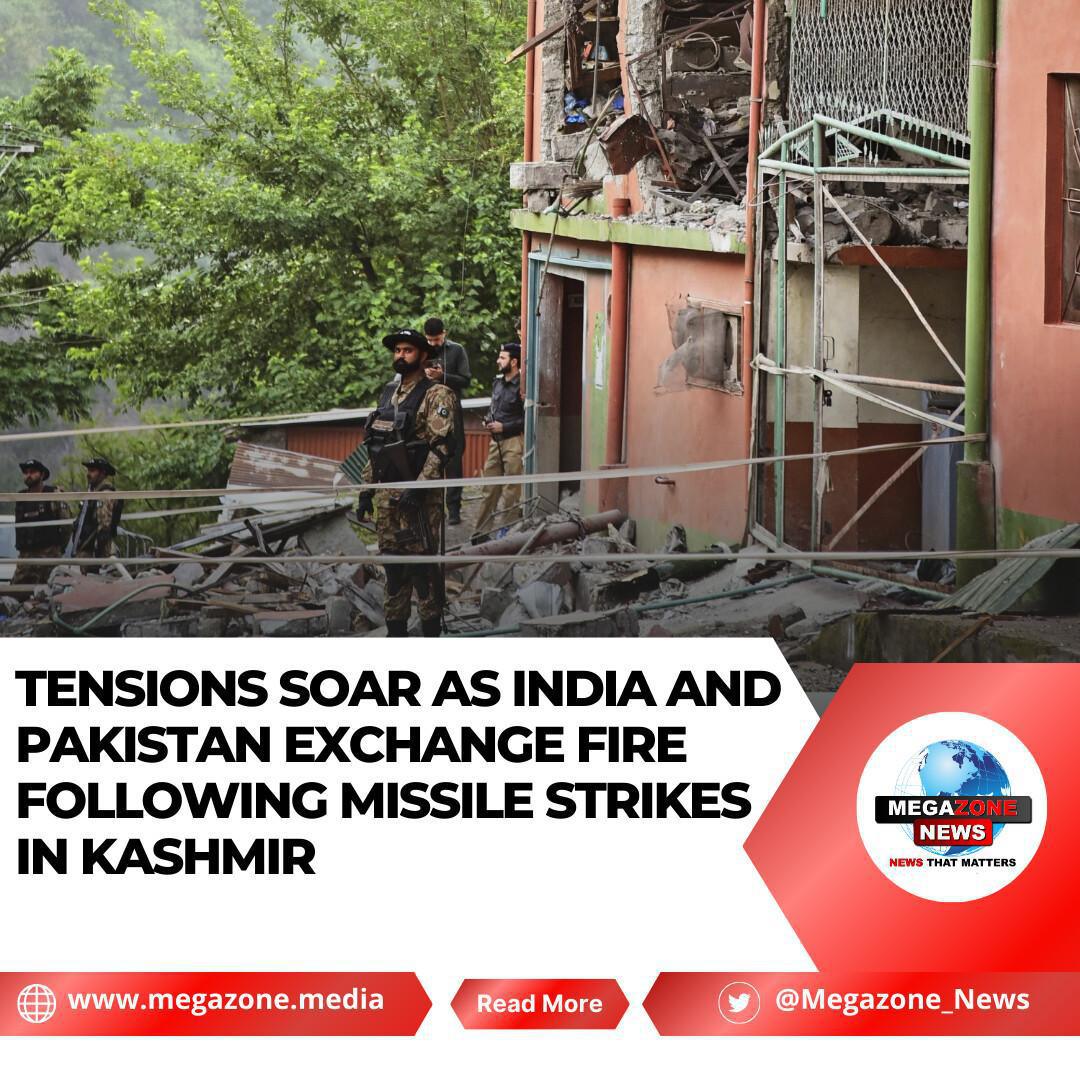The conflict between nuclear-armed neighbours India and Pakistan has dramatically escalated, with both sides reporting deadly exchanges of gunfire and missile strikes across the disputed Kashmir region.
New Delhi confirmed on Thursday that Indian and Pakistani forces traded fire overnight — just a day after India launched its deadliest cross-border operation in decades. At least 45 people have been killed on both sides since the violence erupted, including children and civilians.
The conflict intensified following a deadly attack in Indian-administered Kashmir last month, in which gunmen killed 26 tourists in Pahalgam. India has blamed the Pakistan-based militant group Lashkar-e-Taiba for the massacre — a charge Islamabad strongly denies.
In response, Indian forces carried out what it described as “focused, measured, and non-escalatory” strikes on Wednesday, targeting nine alleged terrorist camps in Pakistan, including an Islamic seminary near Bahawalpur. Pakistan's military said the attack killed 13 people and sparked widespread destruction.
Pakistani Prime Minister Shehbaz Sharif has vowed to retaliate, saying:
“We will avenge each drop of the blood of these martyrs.”
Islamabad claims 31 civilians were killed by Indian strikes, while India reports 13 civilian deaths and one soldier lost to Pakistani fire. Pakistan’s military also says it downed five Indian jets — a claim New Delhi has not confirmed, although an Indian security source acknowledged three jets had crashed within Indian territory.
Civilians on both sides of the Line of Control have shared harrowing stories of loss. In Poonch, an Indian border town, two children were killed by shrapnel after being caught outside during a shelling. Meanwhile, in Pakistan-administered Muzaffarabad, residents say homes were destroyed and families displaced.
Pakistan's military has declared it will respond "at a time, place and manner of its choosing," and overnight gunfire continued along multiple points of the border. India’s army confirmed the use of small arms and artillery but insists its responses have been “proportionate.”
India's Defence Minister Rajnath Singh defended the operation as a justified response, saying New Delhi had the right to act after the Pahalgam massacre.
As tensions mount, both countries remain on high alert, with Indian border districts preparing for possible Pakistani retaliation. International leaders have urged restraint.
U.S. President Donald Trump commented:
“I want to see them stop.”
Iran has also entered the diplomatic fray, with its foreign minister meeting Indian officials in an effort to mediate following a recent visit to Pakistan.
Security analysts warn that while both nations may now engage in limited retaliatory exchanges, neither side appears to seek full-scale war.
“Pakistan needs a show of strength to save face,” said Happymon Jacob of the Council for Strategic and Defence Research in New Delhi.
“But we’re likely to see this de-escalate after a few more rounds of missile or artillery exchanges.”
Kashmir, a flashpoint since the 1947 partition, remains at the heart of this latest crisis — a region divided by borders but united in grief.


